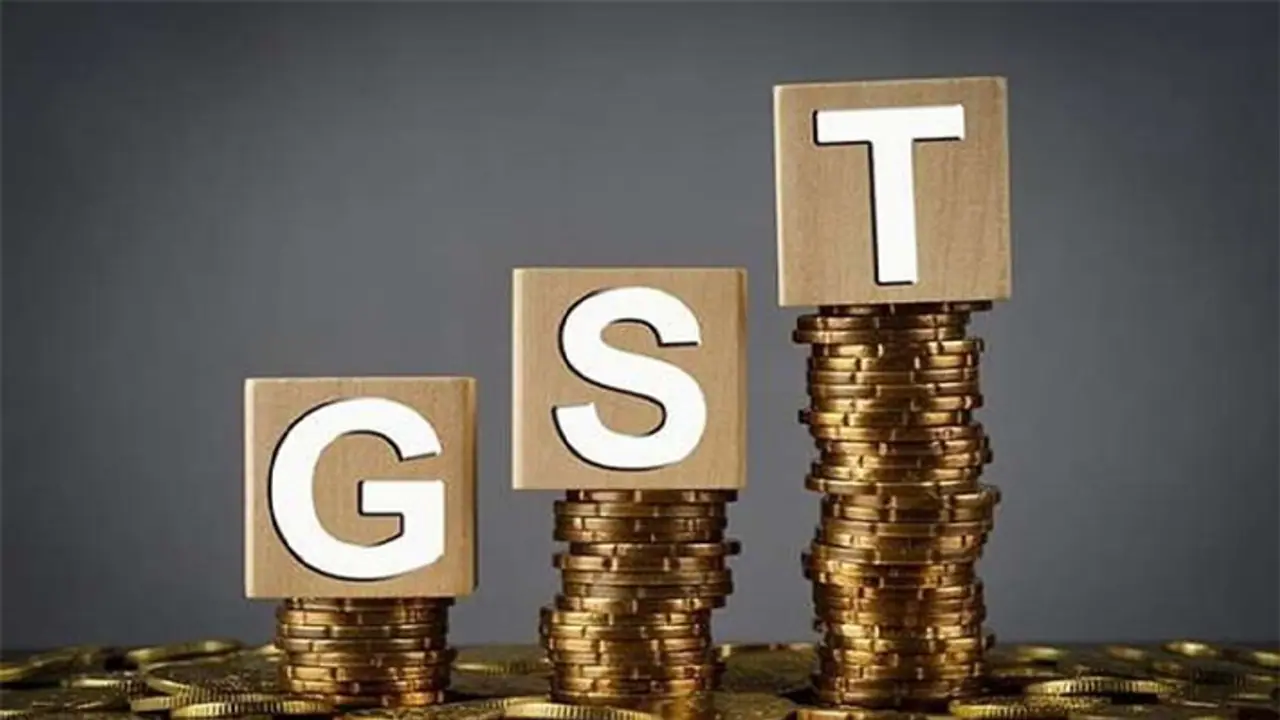"Taxation forms the core of governance. The last ten years of the BJP/NDA government is a case of 'taxation gone berserk'," said Congress in its manifesto for the upcoming Lok Sabha Elections 2024.
The Indian National Congress on Friday unveiled its manifesto for the Lok Sabha elections 2024, emphasizing a comprehensive overhaul of the country's tax system. The manifesto outlines a series of measures promising to usher in a people-friendly and progressive taxation regime, fostering transparency, equity, and efficiency.

"Taxation forms the core of governance. The last ten years of the BJP/NDA government is a case of “taxation gone berserk”. The share of taxes paid by the common person and the poor through regressive indirect taxes has increased significantly and the share of taxes paid by corporates has decreased – the exact opposite of what a people-friendly and progressive taxation policy should be," the Congress said in its 48-page manifesto.
"Despite the tall claims of increasing the tax base through demonetistion and GST, India’s overall tax to GDP has not increased in the last decade, leaving very little room for increased expenditure. Congress will undertake a complete overhaul of India’s taxation system to make it people-friendly and efficient, and to incentivise private savings and investment," it added.
Here's a look at the 12 promises Congress has made for the upcoming Lok Sabha Elections 2024 under the category of taxation and tax reforms:
1. The Congress party, recognizing the urgency of the situation, pledges to enact a Direct Taxes Code, marking a significant step towards transparency, equity, and impartial tax administration. This move aims to streamline tax laws, ensuring clarity for taxpayers and fostering trust in the system.
2. The Congress party pledges to uphold stable personal income tax rates throughout its tenure. This commitment aims to shield the salaried class from the specter of escalating tax burdens, providing them with the certainty needed to plan their financial futures over the medium to long term.
3. To stimulate investment in new ventures and innovative startups, Congress vows to eliminate exploitative tax schemes such as the infamous "Angel tax."
4. By reducing the tax burden on Micro, Small, and Medium Enterprises (MSMEs) owned by individuals and partnership firms, the party aims to unleash the entrepreneurial spirit and drive economic growth from the grassroots level.
5. In its manifesto, Congress promised, "We will end the duplicitous “cess” raj of the Modi government to deny states their rightful share of tax revenues by introducing a law to limit Union cess and surcharges to 5 per cent of gross tax revenues."
6. The Congress party stated that it's committed to replacing the current GST laws introduced by the BJP/NDA government with GST 2.0. This updated GST regime will adhere to the universally acknowledged principle that GST should entail a single, moderate rate, with only a few exceptions, ensuring that it does not impose undue financial strain on the poorer segments of society.
7. GST will not be levied on agricultural inputs, it added.
8. It further stated, "The GST Council will be re-designed. It will be the final authority on policy and on all matters relating to GST."
9. "The administration of GST laws will be divided horizontally between the central government and the state governments. Small GST-payers below a threshold will come under the purview of the state governments," Congress added in its manifesto.
10. A portion of GST revenues will be allocated to panchayats and municipalities, the party stated.
11. Recognizing the challenges faced by small retailers in the digital age, Congress pledges significant tax relief to mitigate the impact of online competition.
12. Furthermore, the party emphasizes the autonomy of judicial bodies such as the Income Tax Appellate Tribunal (ITAT), the Goods and Services Tax Appellate Tribunal (GSTAT), and the Customs Appellate Tribunal (CESTAT), safeguarding them from government interference.
